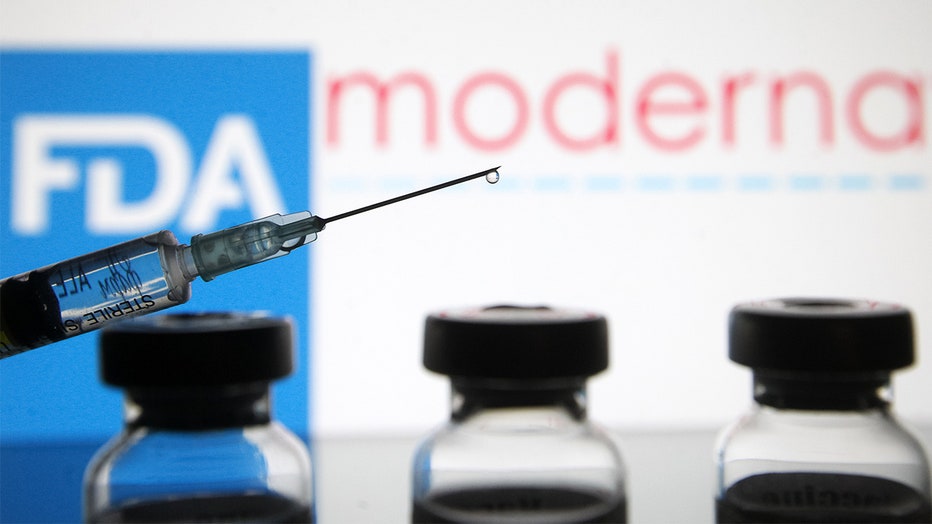

In many ways, the COVID-19 vaccines are just like other vaccines you’ve seen before. Get more answers for your family about COVID-19.You might be wondering what to expect for your COVID-19 vaccine appointment. So we recommend COVID-19 vaccine for the same reasons we recommend influenza vaccines, because we know these vaccines are very good at preventing serious infection from COVID-19. The rate of those serious outcomes is similar to the rate we see from pediatric influenza infections. While it is true that the majority of children get a mild infection, there have been thousands of children who needed to be hospitalized for COVID-19. Why should I vaccinate my child against COVID-19 if children are less likely to get severely sick? And at any level, individuals may choose to wear a mask based on their own risk of serious COVID-19 or personal preference. I still recommend wearing a mask when heading indoors for those who live in a community where the COVID-19 level is moderate to high. Should my child continue to wear a mask and social distance when appropriate? If you have any questions about getting multiple vaccines at the same time, talk with your child’s pediatrician. We encourage families whose children are scheduled for routine immunizations to also consider COVID-19 vaccination at that same visit. While we don’t yet have data for kids under age 5, we do now have quite a bit of experience with older children and adults who received COVID-19 vaccines at the same time as other vaccines - and we know that this is safe. Is the COVID-19 vaccine safe for my child to get at the same time as other scheduled immunizations? So we still recommend that infants 6 months and older be vaccinated against COVID-19. But we know that immunity that’s passed on to infants starts to wane around six months after birth. It’s possible that infants likely got some antibody immunity from their mother if she was immunized against COVID-19 during pregnancy. I was vaccinated when I was pregnant with my child. And vaccination can boost any immunity that your child did get from natural infection. However, we know that a COVID-19 infection that was more than several months ago is less likely to confer immunity, especially against the Omicron variant. If your child had a confirmed COVID-19 infection with in the past month or two, it’s reasonable to wait a few weeks to get your child vaccinated. We still recommend that children with a prior COVID-19 infection get vaccinated. Will my child need a booster dose?Īlthough more research is needed, it’s likely that - just like older kids, teens, and adults - this younger age group will benefit from a future booster dose. There were no cases of myocarditis, the type of heart inflammation found in some young men who received the COVID-19 vaccine. Fatigue was the most common systemic side effect of the Pfzier vaccine headache and fatigue for Moderna’s.

And both had a low frequency of fever in the days following inoculation. For Moderna and Pfizer, the most common side effect reported in vaccine recipients was pain at the site of the injection.

Are the vaccines safe? Do they cause side effects?īased on the data we have available, both vaccines look very safe. As with the adult vaccine, many providers will only offer either Moderna or Pfizer, and we recommend choosing whatever is available and works for your family’s schedule. In studies, both vaccines also decreased the rates of symptomatic COVID-19 in kids under 5. They both generate similar immune responses in kids under age 5 as have been seen in older children, teens, and adults. The reason for this is unclear, but it may be because of the lower dose used in this age group. The third dose was added when it was noted that the immune response to the first two doses in this age group was not as high as it had been in older individuals who had received two doses. The first two shots are three weeks apart, and the third one is two months after the second shot. The Pfizer vaccine, for children 6 months to 4 years old, is a 3-mcg shot, one-tenth of the adult dose, given three times. It is a quarter of the dosage for adults, and it is given twice, with shots spaced four weeks apart. The Moderna vaccine is a 25-microgram (mcg) dose for children 6 months to 5 years old. Kristin Moffitt, a pediatric infectious disease specialist at Boston Children’s, to get answers to your questions. The Centers for Disease Control and Prevention (CDC) recently approved the use of vaccines produced by Pfizer-BioNTech and Moderna in children ages 6 months and older. Illustration: David Chrisom, Boston Children’s Hospital)Ĭhildren under age 5 can now be vaccinated against COVID-19.


 0 kommentar(er)
0 kommentar(er)
